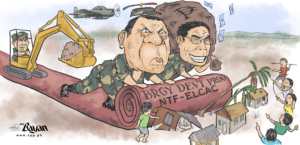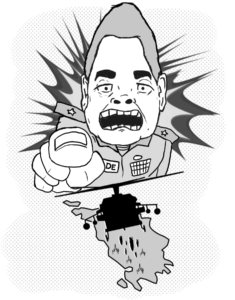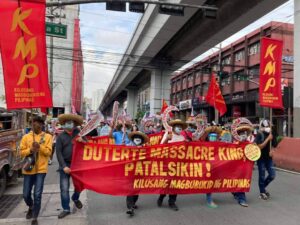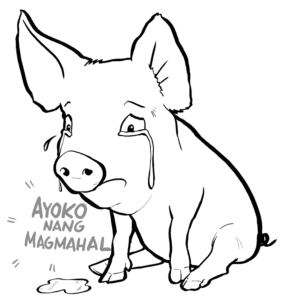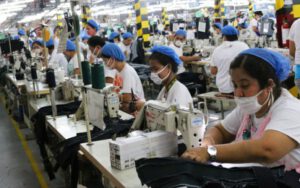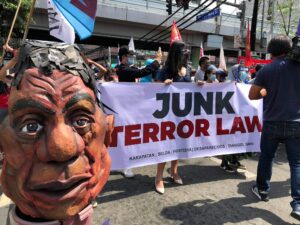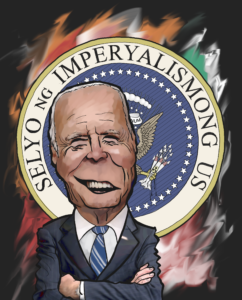Workers' immediate need for wage increase

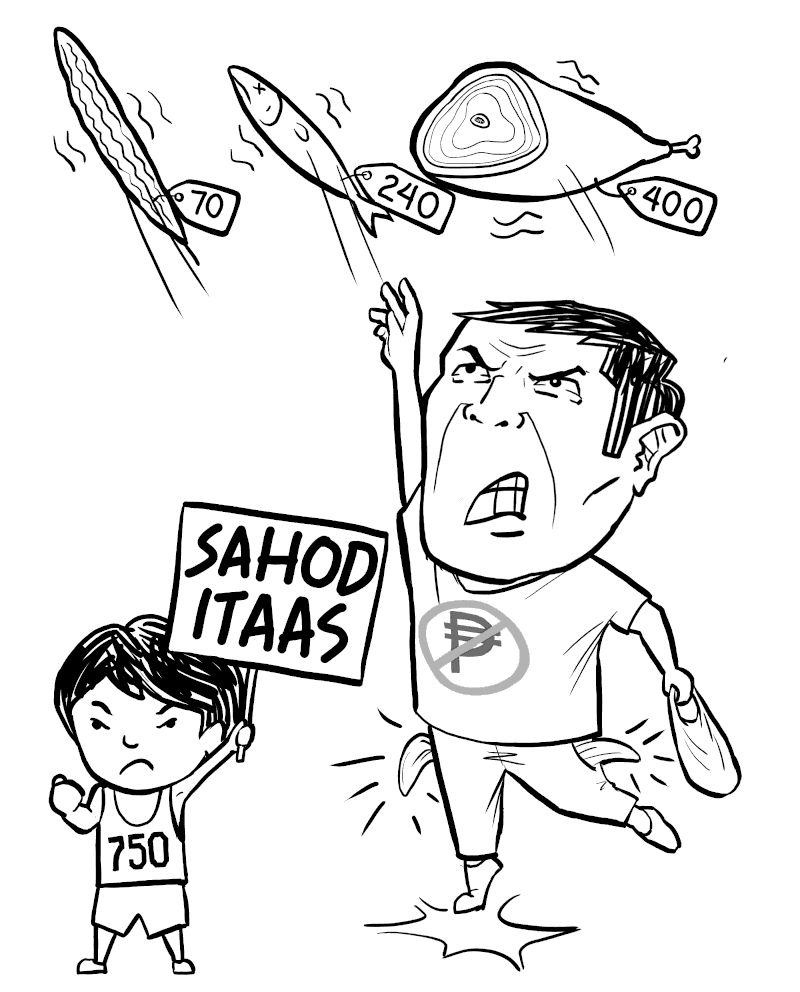
The prices of basic commodities are increasing rapidly but workers’ wages are not keeping up. The price of pork, for instance, has been steadily increasing since last year rising by 77% this January. This pushed the inflation rate to 3.5% last December 2020, the highest in 21 months. Because of this, the real value of wages has dropped by almost 20%. In Metro Manila, the real value of the ₱537-daily minimum wage is just ₱434, which is only enough to buy a kilo of pork.
Amid this, workers’ demand for wage hike is becoming more urgent. The average minimum daily wage in the country is around ₱346 only. This is not even half of the ₱1,057 daily living wage that a family of five needs to survive. This is grossly insufficient to feed the family, and pay for electricity and water bills, as well as educational expenses.
Compared to industrial and service workers, agricultural workers receive even lower wages. There is also a huge wage gap between regions and provinces especially with the implementation of the two-tier wage system.
Instead of addressing the plight of workers, the regime through its labor department has allowed capitalists to cut workers’ wages using the pandemic as pretext. Companies which implement the work-from-home arrangement also compensate their workers with lower wages. Data by the National Economic and Development Authority indicate that the average income of workers has declined by ₱23,000 due to wage cuts, forced leaves, and job losses last year.
The National Minimum Wage Bill filed by the Makabayan bloc has been languishing in Congress since 2018. The said measure aims to legislate a ₱750-national minimum wage and dismantle the Regional Wage Boards which are being utilized by capitalists to peg lower wages in regions outside Metro Manila.
Workers and progressive lawmakers also demand a ₱10,000-aid for workers who have lost their jobs during the lockdowns.
A research by Ibon Foundation shows that Rodrigo Duterte is the most stingy Philippine president in terms of raising workers’ wages. His regime has only hiked wages in the National Capital Region (NCR) twice, first in 2017 and last in 2018. On average, each regime since Corazon Aquino has implemented wage increases every 13 months. Under Duterte, workers in NCR have not seen a wage increase for 29 months now. In sum, wages under Duterte has only increased by 9.4%, lower than the 24% average increase recorded under the past regimes.

